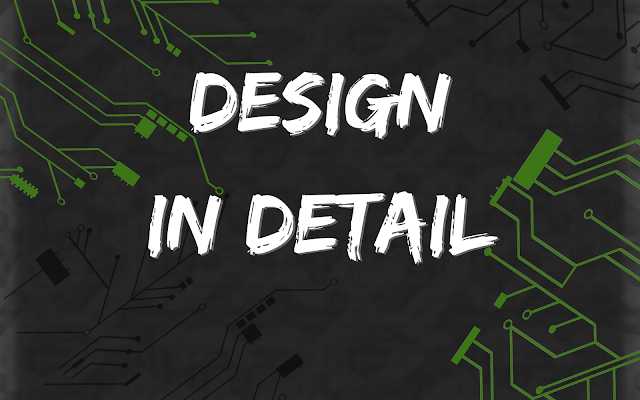Making Better Products
Why do companies feel the need to use deceptive tactics to get people to buy their products? Wouldn't it make more sense to make a better product in the first place, than trying to trick people into buying the bad ones? You see this kind of thing all the time, but most notably in the entertainment industry.
When Rotten Tomato scores for The Emoji Movie hit 0% based on a few early reviews, Sony shut down all previews until the day before release, desperately trying to halt the inexorable tide of negativity. This lead to a pretty big opening day, but a sharp drop-off afterwards (because the movie was terrible). Rather than waste all that time, energy, and money on a clearly bad product, why not just make something better? Why not cut your losses and abandon the project, rather than try to trick people, earning bad will for future projects? For some reason, big companies just don't think this way.
Many video game companies are the same. They work for years on a game, then go radio silent or actively spread disinformation about the status of the project. They hold review copies until the day before release, or even require reviewers to wait until release day itself to post reviews (forcing fans to pre-order or day one purchase sight unseen). These things are usually, but not always, a sign that the game is struggling, or that the studio knows the product is not up to scratch. Again, though, why do this? Wouldn't it make more sense to just make a better product, than to defend the bad one and trick your fans into buying it anyway?
The real problem, I think, is that too many companies develop their products in a vacuum, away from customer eyes. If their design process was more open and transparent, they could get feedback earlier that allows them to alter their designs to better match what fans actually want. This is why some "indie" game titles have been so successful over the last few years - their developers listened to their fans, and shifted their focus or efforts to improving those areas of their design that were weak or off-target.
This adaptive design method is incredibly powerful for small design companies, tech firms, application developers, and so forth. It might even be something that the big established companies just aren't capable of. Maybe they have too much bureaucracy to operate this way, or are too set in their ways, or too focused on next month's shareholder dividends to do something so outrageous as actually listen to their customers. The problem is, those companies are going to fall farther and farther behind their younger, smaller, more adaptive relatives in the coming years, and more and more failures, and mounting customer dissatisfaction, erodes their business from under them.
It's time to make a change. Focus on quality, not the bottom line. Listen to your customers. Learn from what they're trying to tell you. They're the ones with the power. Don't trick them - work with them. You might be surprised what a difference it makes.




Comments
Post a Comment